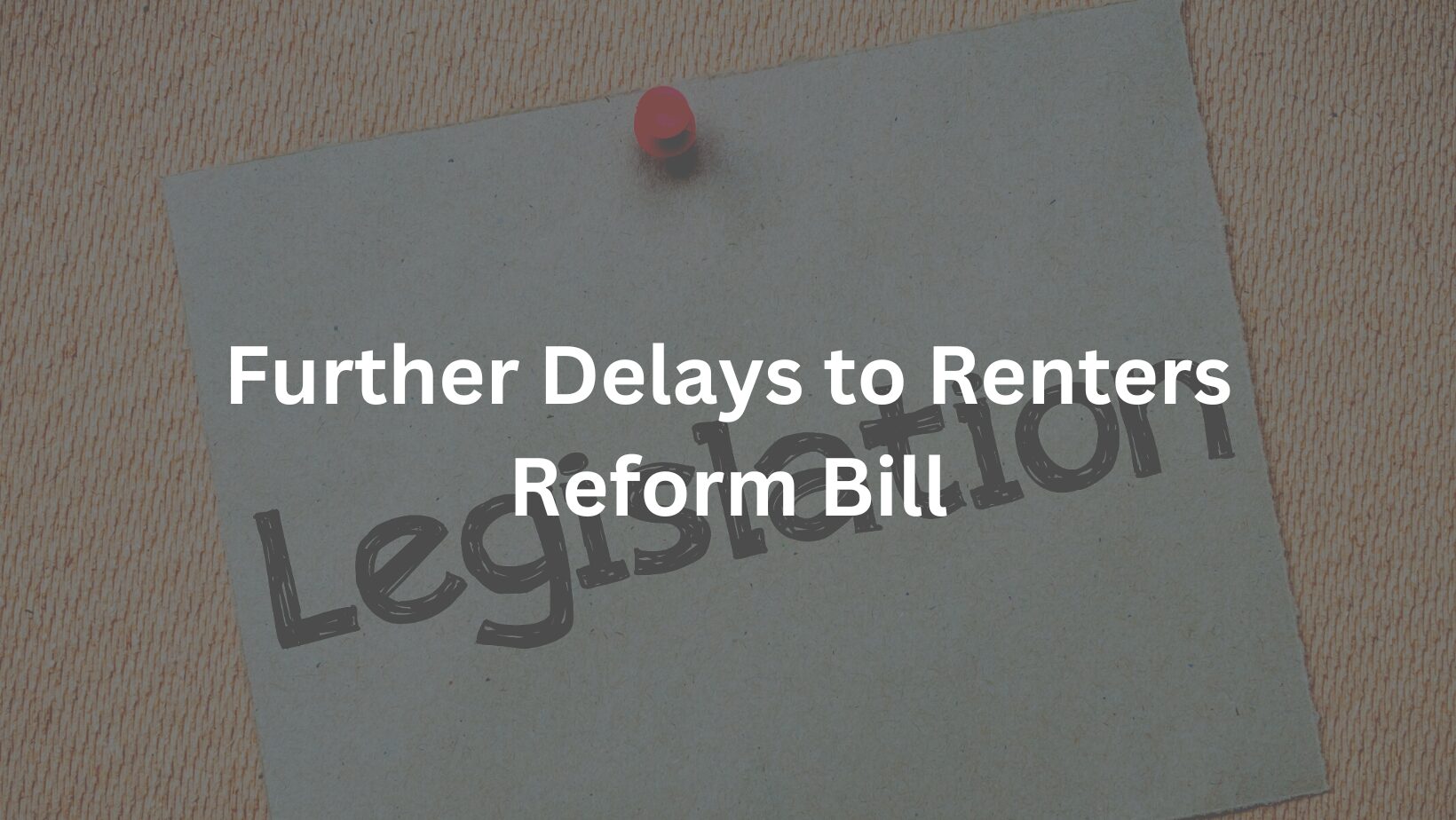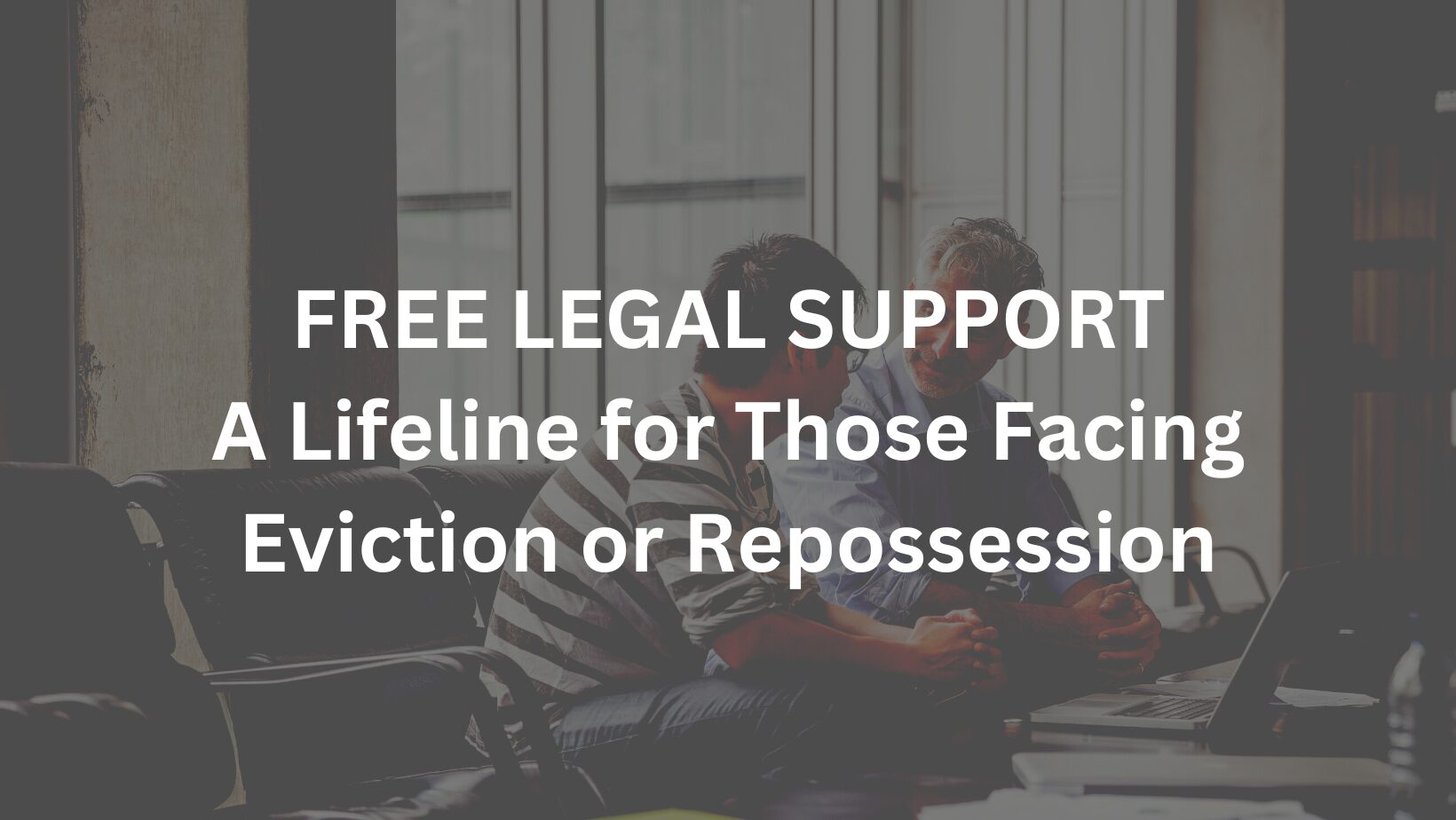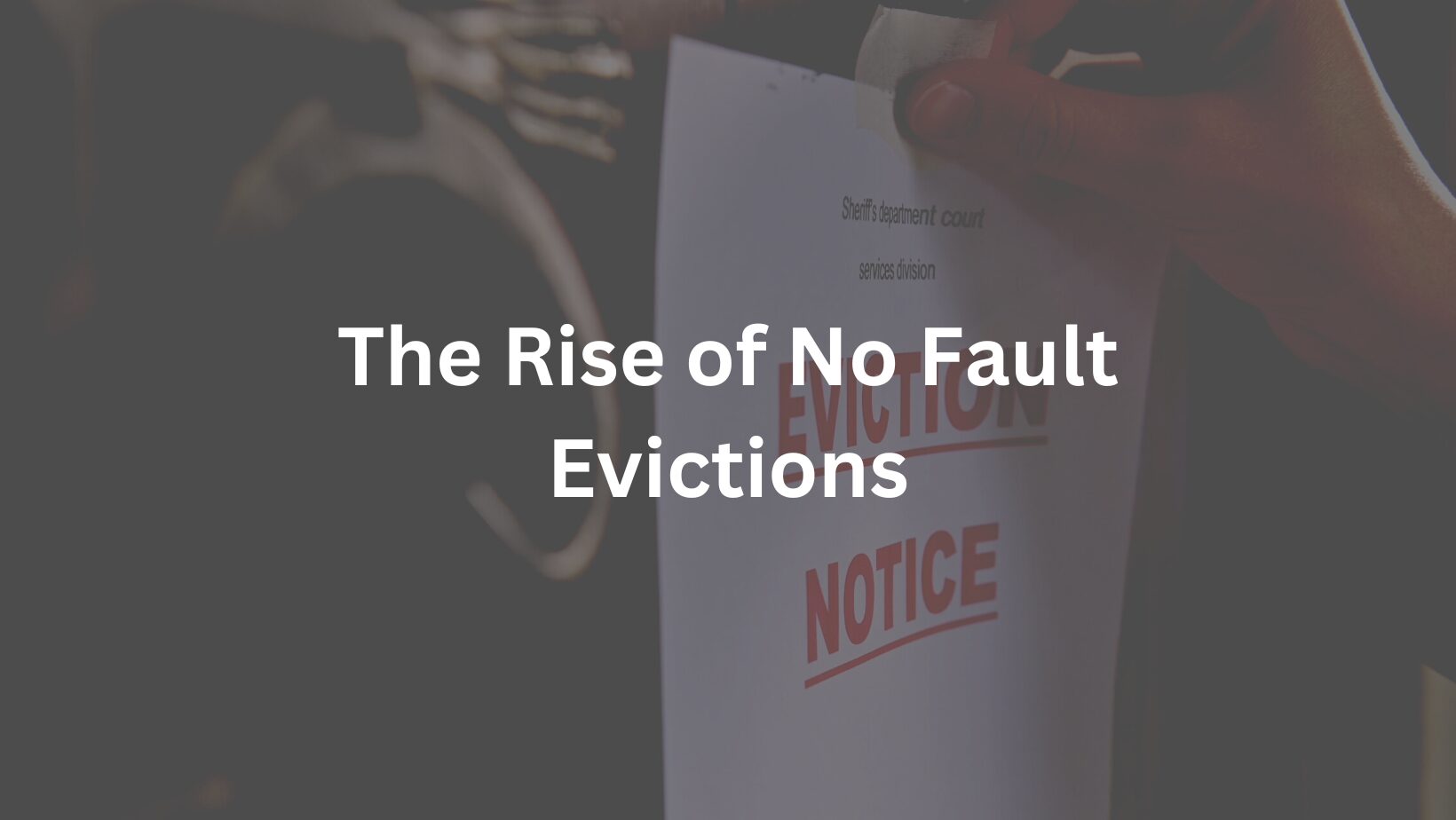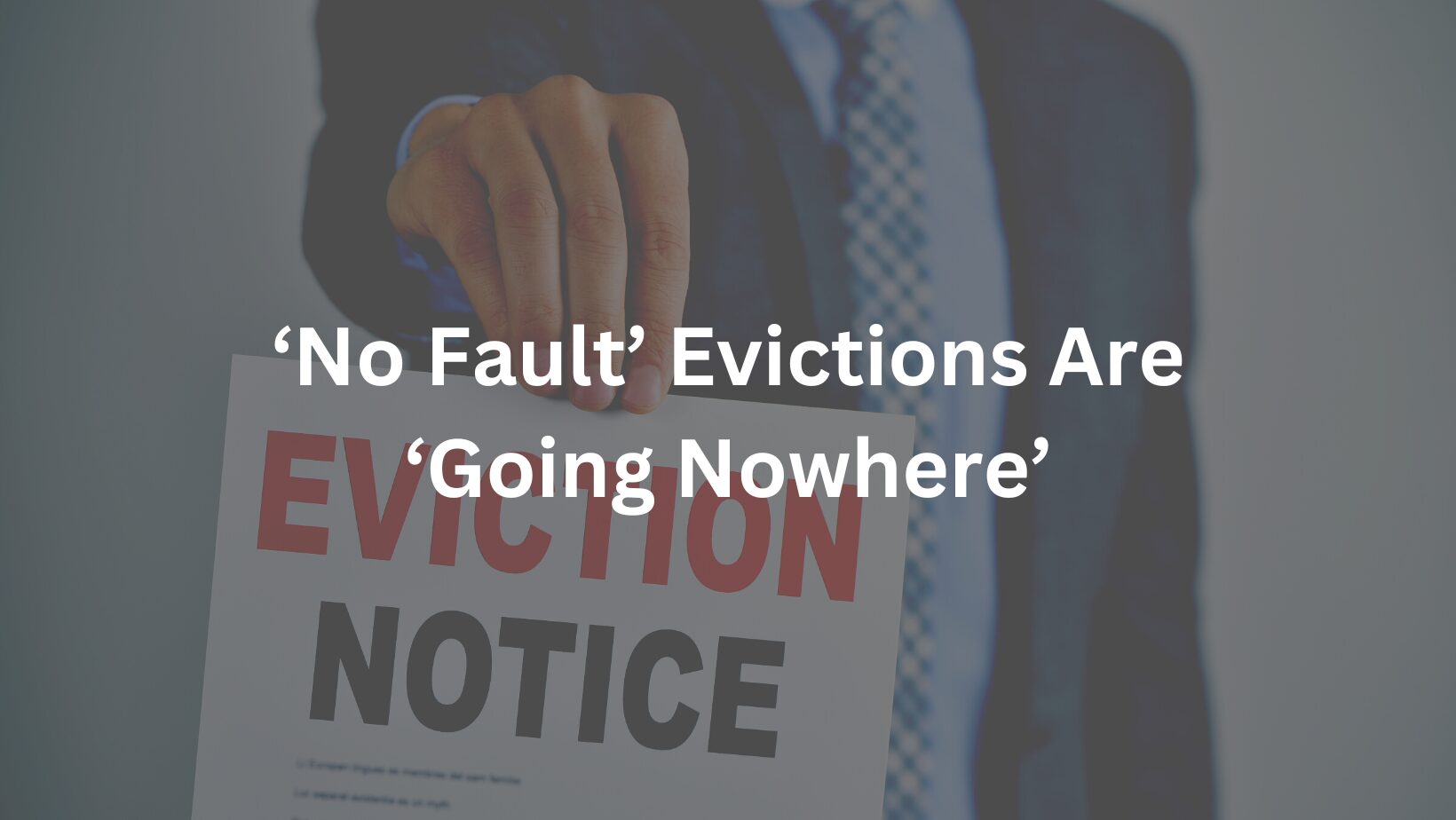Eviction is a minefield…”
It’s often said that evicting a residential tenant can be a real headache (at best) or an absolute nightmare (at worst) but at #TeamCES, we think that this is simply down to having inaccurate information and failing to do things in the right way.
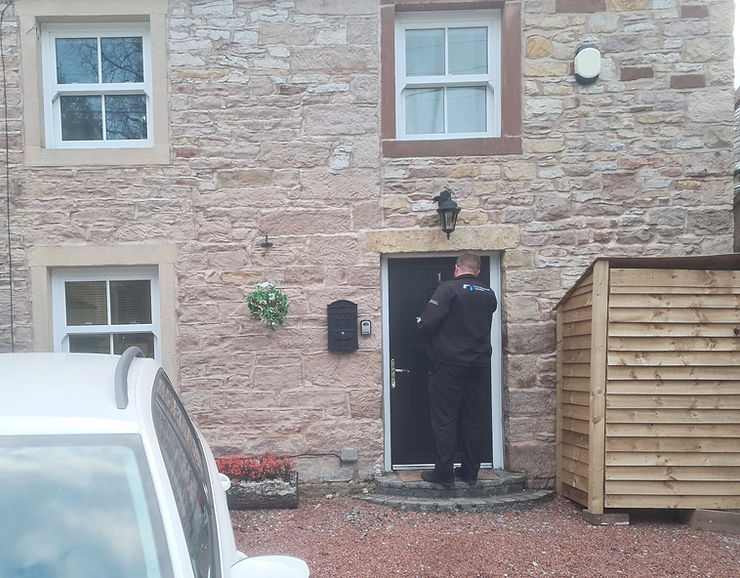
That isn’t to say that it’s ever an easy process though.
First of all, evicting someone from a residential property should never be an ‘easy’ process, as too many people would be at risk of falling into vulnerability if that were the case.
It’s also true, however, that sometimes, evicting a residential tenant is the only option left available to landlords, when it comes to getting back what they are owed, or at least taking back possession of what is theirs.
That’s where the #TeamCES Guide to Evicting a Residential Tenant comes in…
There are a few different ways in which a lease can be terminated. First of all, it’s about determining whether there is a just cause to evict. As all good landlords know, this is a last resort, and as such, there has to be a legitimate reason to seek eviction.
Here are some examples of ‘just causes’ or legitimate reasons:
- Non payment of rent
- Severe damage to the property
- Violation to the terms of the lease
- The tenant engaging in illegal activities on the premises
Even with one or a combination of the above reasons, the landlord must still follow a strict procedure for eviction, if they are to avoid being accused of harassment or illegal eviction…
With the two types of assured shorthold tenancies (namely the periodic tenancy and the fixed term tenancy) a landlord can serve a Section 21 or a Section 8 notice (or both).
A Section 8 notice is served if the tenant has broken the terms of the tenancy, whilst a Section 21 notice of seeking possession can be used after a fixed term tenancy comes to an end:
- If there is a written contract, or…
- during the tenancy with no fixed end date (a periodic tenancy)
Rules apply for the issuing of Section 21 notices.
In England, a landlord cannot use a Section 21 notice if any one of the following apply:
- it’s less than 4 months since the tenancy started, or the fixed term has not ended, unless there’s a clause in the contract which allows you to do this
- the property is categorised as a house in multiple occupation (HMO) and does not have an HMO licence from the council
- the tenancy started after April 2007 and you have not put the tenants’ deposit in a deposit protection scheme
- the tenancy started after October 2015 and you have not used form 6a or a letter with all the same information on it
- the council has served an improvement notice on the property in the last 6 months
- the council has served a notice in the last 6 months that says it will do emergency works on the property
- you have not repaid any unlawful fees or deposits that you charged the tenant – read the guidance for landlords on the Tenant Fees Act 2019
- You also cannot use a Section 21 notice if you have not given the tenants copies of:
- the property’s Energy Performance Certificate
- the government’s ‘How to rent’ guide
- a current gas safety certificate for the property, if gas is installed
- You must have given your tenants the gas safety certificate and the ‘How to rent’ guide before they moved in.
- You must have given your tenants a copy of the property’s Energy Performance Certificate before they rented the property.

In Wales, a landlord cannot use a Section 21 notice if any of the following apply:
- it’s less than 4 months since the tenancy started, or the fixed term has not ended, unless there’s a clause in the contract which allows you to do this
- the property is categorised as a house in multiple occupation (HMO) and does not have an HMO licence from the council
- the tenancy started after April 2007 and you have not put the tenants’ deposit in a deposit protection scheme
- the tenancy started after November 2016 and you do not have a landlord licence.
Other rules apply regarding how and when the above forms and processes must be started, such as how much notice should be given depending on how frequently a tenant pays their rent, but this is a #TeamCES Guide...
...and we know that the main question you want answering is...
“Can I evict my residential tenant?”
The short answer is ‘yes’, but as you can see from our guide, it’s never as simple as that.
The best way to ensure you get the right information at the right time, and to move forward in the correct and appropriate manner, is to contact the team here at Court Enforcement Specialists.
We know what we’re doing.
We know what to do and, crucially, we also know what not to do.
Save the headaches and forget the worst nightmare, just get in touch with us on 01615070626 to find the best route forward.
